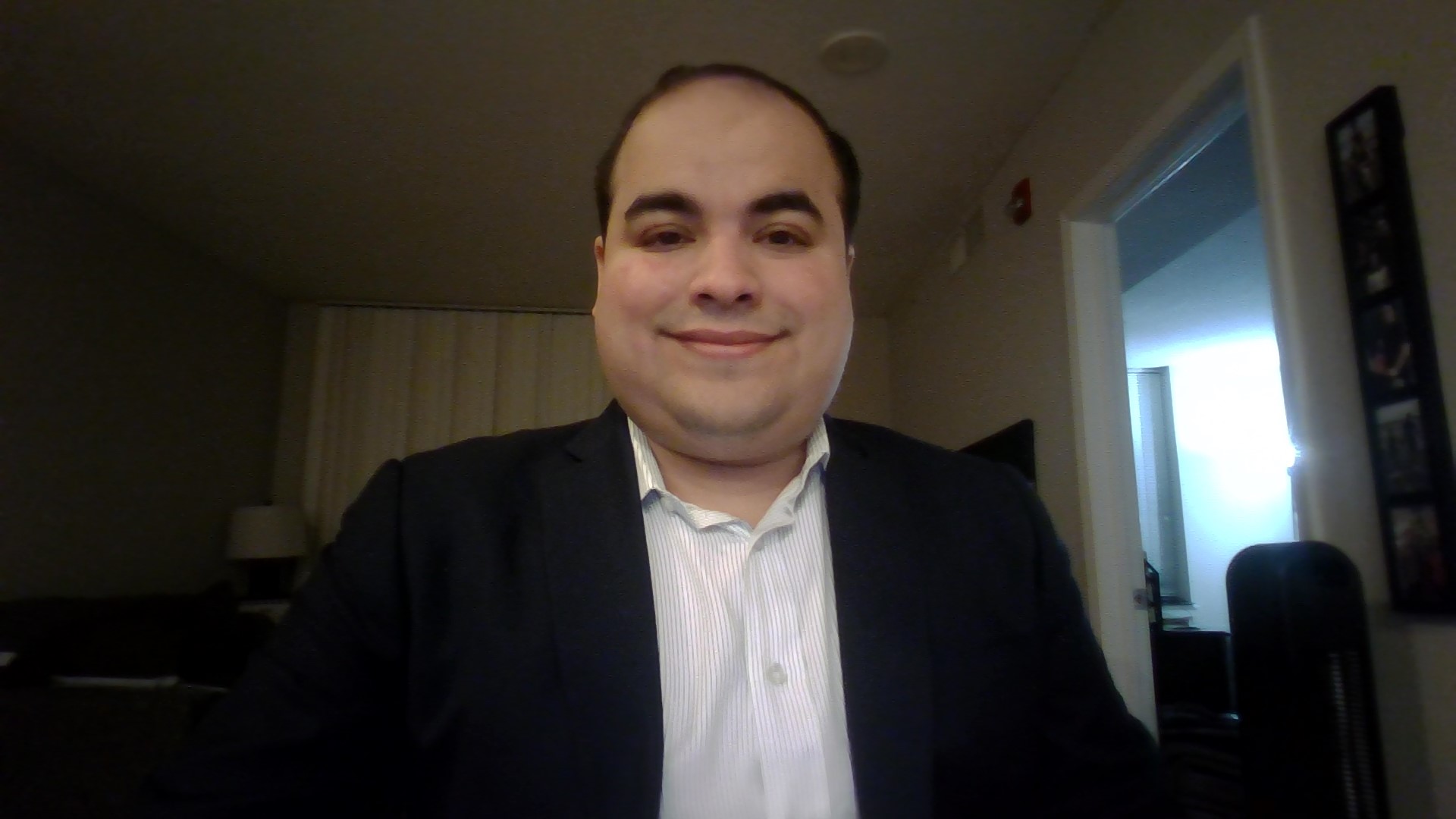All AP European History Resources
Example Questions
Example Question #312 : Political History
During his reign, Napoleon impacted Europe in all the following ways except __________.
he promoted religious tolerance
he created a system of written laws
his continental system was successful in defeating England
he promoted the creation of an independent Polish State
his continental system was successful in defeating England
Napoleon's Continental System did adversely effect the British Economy, but it did not force Britain to surrender and join Napoleon's Coalition. Rather, it strengthened the resolve of Britain to remove Napoleon from power. All of the other answer options are true statements about Napoleon's actions during his rule.
Example Question #313 : Political History
Which of the following caused the English Civil War (1642-51)?
The arrival of William and Mary to England from Holland
The Stuart kings refusal to work together, and share power with, Parliament
Mass starvation and lack of monarch support for the peasants
The American Revolution
The Stuart kings refusal to work together, and share power with, Parliament
Parliament sought a larger share of power in the British Government, and when the Kings of the Stuart line continually sought to govern without them, they decided to remove the king from power. The arrival of William and Mary and the American Revolution are not contemporaneous with the time period in question. The other two answers while chronologically possible are not considered primary causes of the English Civil War.
Example Question #314 : Political History
What action brought Napoleon to the forefront of the political world during the French Revolution?
His invasion of Italy
His successes commanding French troops early in the War of the First Coalition
The Suppression of a Royalist uprising in Paris
His invasion of Egypt
The Suppression of a Royalist uprising in Paris
After successfully besieging and retaking the city of Toulon from the British, Napoleon was assigned to Paris to protect the government from any hostilities. in 1795 a Royalist uprising in Paris was swiftly put down by Napoleon, who was catapulted to the forefront of French politics as the savior of the Revolution.
Example Question #315 : Political History
The Spanish Armada sank in 1588, as part of what conflict?
Anglo-Spanish War
The Wars of Religion
Thirty Years War
Dutch War of Independence
Anglo-Spanish War
The Anglo-Spanish War was fought over England's interference with Spanish ships attempting to subdue the Dutch Revolution as well as piracy on the part of English citizens who attacked Spanish galleons. The Anglo-Spanish War started in 1585 and lasted until 1604, when the Treaty of London called a halt to the conflict.
Example Question #316 : Political History
The Wars of Philip II of Spain revolved primarily around what nations revolt against Hapsburg rule?
Austria
Portugal
The Netherlands
Italy
The Netherlands
The war of Dutch Independence raged for eight decades, and at one point or another involved several nations fighting with or against the Dutch cause. The war ended in 1648 with the Spanish Netherlands being divided into the newly independent Dutch Republic and the Spanish controlled Southern Netherlands.
Example Question #317 : Political History
Against what monarch did the English Parliament rise up against in the English Civil War?
Charles II
James VI
Charles I
James I
Charles I
Charles I, the second Stuart King, sought to rule without the Parliament. Parliament sought to gain more influence over England, but when Charles would not share power they sought to remove him from power thus starting the war. The war lasted from 1642-1651, when it was resolved with the trial and execution of Charles I and the exile of his son Charles II, and the founding of the Protectorate under the rule of Oliver Cromwell.
Example Question #31 : War And Civil Conflict
Which of the following is not part of the legacy of Louis XIV?
French culture, manners, and customs became the European standard
The French army became the strongest in Europe
Louis greatly strengthened royal power
France became a touchstone of religious tolerance
France became a touchstone of religious tolerance
Louis XIV revoked the Edict of Nantes, which had given protestants a measure of equality. Louis sought to unify the nation under Catholicism and often persecuted protestants.
Example Question #32 : War And Civil Conflict
Ivan the Terrible is infamous for his violent treatment of his enemies, subjects, and those closest to him. He even killed what member of his inner circle?
His son, Feodor
General Alexander Gorbatyi-Shuisky
His son, Ivan
His wife, Anastasia Romanovna
His son, Ivan
Ivan the Terrible struck his son's wife, causing her to have a miscarriage. After these events Ivan confronted his father, Ivan the Terrible, and in a fit of rage Ivan the Terrible hit over the head with his septor killing him. Such tales of violence were a significant aspect of Ivan's reputation and lasting legacy.
Example Question #33 : War And Civil Conflict
What was the reason for French Wars of Religion between the French Government and the Huguenots in the 16th Century?
disagreement over the rightful heir to the throne
Huguenot attempts for independence
Religious differences
Regional autonomy
Religious differences
The French government was controlled by the Catholic Royal family, while the Huguenots were Protestants who did not want to follow the orders of the Catholic King. These conflicts began in 1562 and lasted all the way to 1598, when it was resolved by the Edict of Nantes, after which Henry IV took over as ruler of France.
Example Question #34 : War And Civil Conflict
What was Louis XIV's primary method for achieving his foreign policy goals?
Alliance building
Constant warfare
Strategic marriages of his children, nieces, and nephews
Diplomacy
Constant warfare
Louis XIV kept France in a near constant state of warfare. By the end of his reign France was left with virtually no allies, as they had gone to war with essentially every neighboring nation at least once.
Certified Tutor
Certified Tutor
All AP European History Resources




